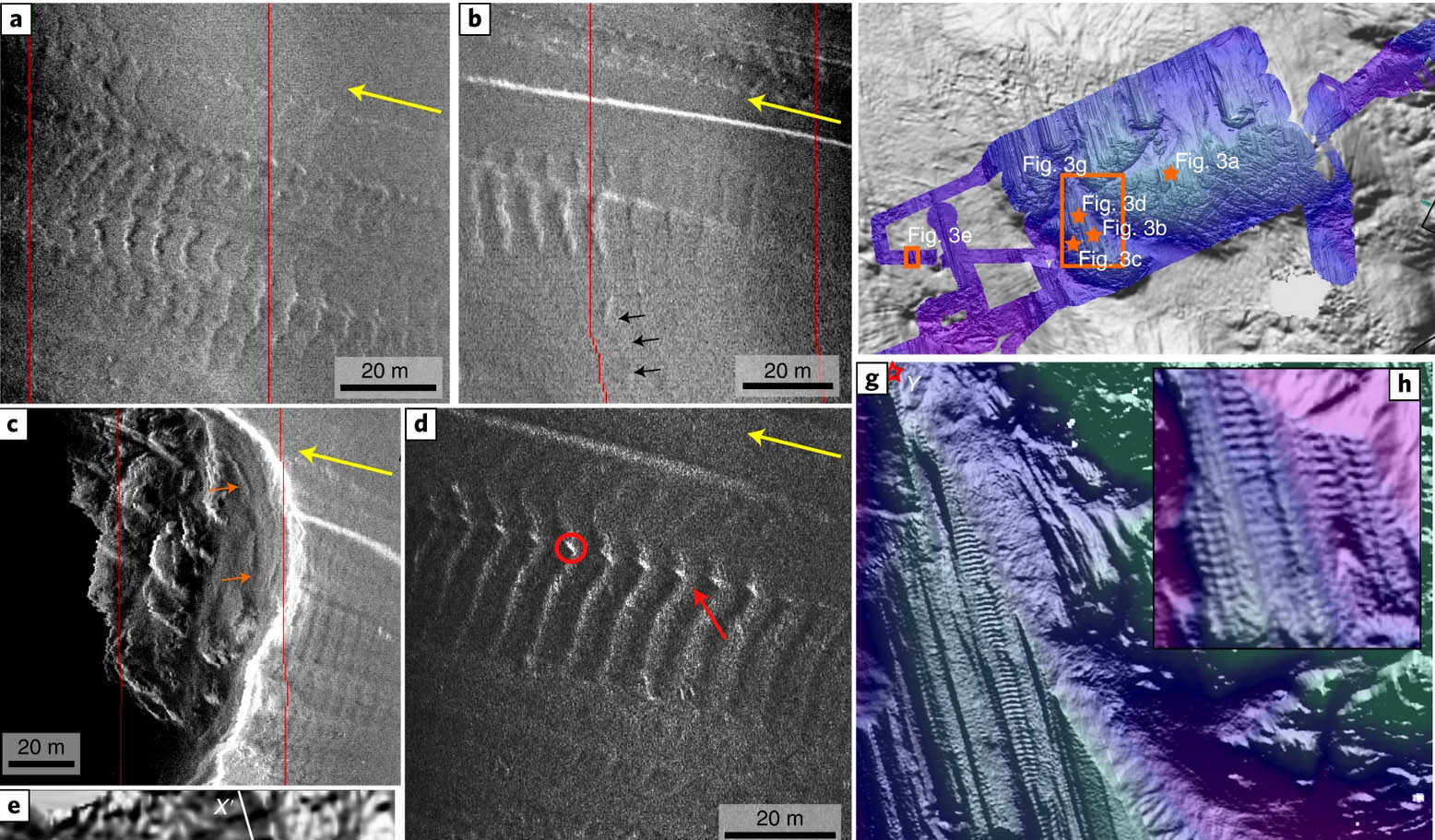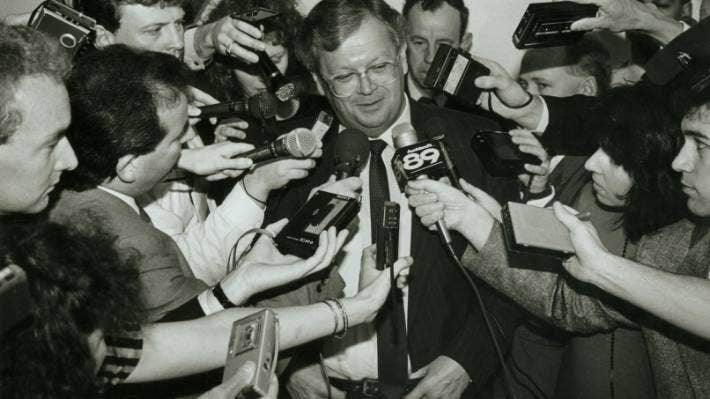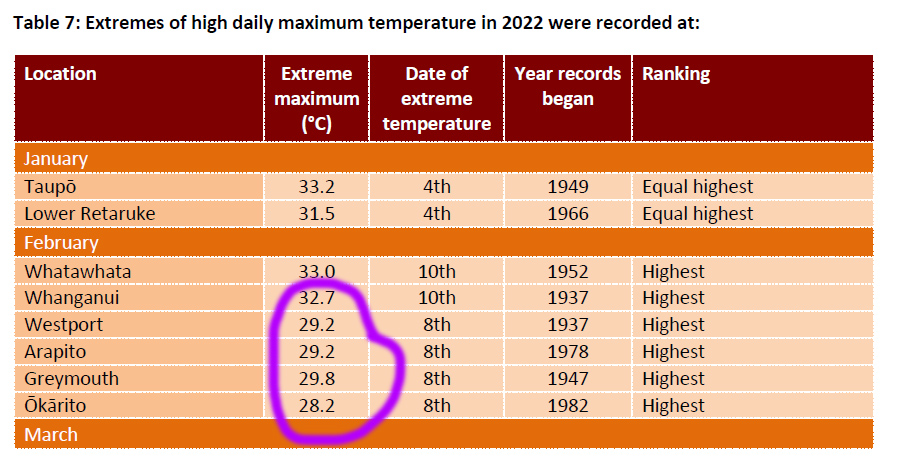Secular groups sign up to give ‘blessings’ at meetings
By Stephen Hudak
Orlando Sentinel
May 27–David Williamson doubts the heavens will open up next month when he delivers a secular invocation to begin the Osceola County Commission meeting.
In Central Florida, Christian clergy predominantly provide that service.
But Williamson, founder of the Central Florida Freethought Community, which sued last year to make atheist literature available to students in Orange County schools, hopes his brief, nonreligious ceremonial greeting June 16 will be a revelation to those accustomed to traditional public invocations that often appeal to God and invoke Jesus’ name.
He petitioned Osceola County and two dozen other elected councils for a chance to deliver the invocation after the U.S. Supreme Court ruled 5-4 that legislative boards may begin meetings with prayer even if the devotion favors a religion.
“This is not ‘if you can’t beat ’em, join ’em,’ because we’re not going to pray,” he said. “It’s about inclusion.”
Five local governments have slotted the Freethought group to deliver an invocation at an upcoming meeting, including Orlando City Council, which will host Chris Allen of the Florida Humanist Association on June 23. The city of DeLand, which features a cross in its city seal, did not reject the group’s request but wanted residency information about the prospective speaker.
Some boards require the person offering an invocation to reside in the community.
Lake County signed up a county resident with the Freethought group to provide the invocation before the commissioners’ meetings Aug. 26 and Nov. 18. The county, which recently issued open invitations to “religious leaders and other representatives” to deliver the ceremonial message, requires that invocations be kept to a minute or two.
Speakers in Lake also are advised to refrain from proselytizing, said county spokeswoman Elisha Pappacoda.
Volusia County and the city of Eustis also accepted a request from Williamson’s group, which is affiliated with the Freedom From Religion Foundation. The organizations were embroiled in a controversy last year when they objected to the distribution of Bibles in Orange County schools and sued the district for refusing to allow pamphlets questioning whether Jesus rose from the dead.
“I don’t expect our members will offer an atheist’s prayer,” Williamson said. “What we’re doing is offering a perspective that we all should share, a perspective that does not require a belief in a god to carry out the business of good government.”
Allen, president of the Florida Humanist Association, which has the motto “Good Without a God,” said he has not yet written his remarks, but he expects they will sound similar to traditional invocations but without a reference to religion or God.
The Freethought members are banking on the Supreme Court’s majority opinion, which suggested a government’s invocation practice was constitutional if it was nondiscriminatory. The justices noted that, in Greece, N.Y., where the prayer case originated, “a minister or layperson of any persuasion, including an atheist, could give the invocation.”
James Coffin, a Christian clergyman and executive director of the Interfaith Council of Central Florida, said he rarely invokes a deity at government invocations, appealing instead to elected leaders to provide fairness, justice and civil dialogue.
“When I’m with Christians, I pray Christian prayers,” he said. “But when it’s in a government context … I don’t.”
Coffin said he wants all people to feel included, especially at public gatherings and government meetings, where all citizens should be welcome, regardless of creed.
“It makes little sense to start a meeting where we have come to solve problems together by offering an invocation that immediately excludes some people,” he said.
But the Rev. Bruce Lieske, Orlando-based founder of Burning Bush Ministries, makes no apology for offering prayers in public settings that mention Jesus. He said he was challenged once for using a Christian devotion to open a Rotary Club meeting.
“My response, when I was asked why, was: ‘Why not?'”
He said he would pay special attention to an invocation delivered by an atheist at a government meeting.
“I think it takes a lot of faith to believe there is no God,” Lieske said.
___
(c)2014 The Orlando Sentinel (Orlando, Fla.)







